Kinerja Ekonomi Indonesia Q2 2024
Sep 10, 2024
Kinerja Ekonomi Indonesia Q2 2024 Kuartal kedua tahun 2024 menampilkan gambaran yang beragam,
Vietnam PMI November 2024 – manufacturing purchasing managers index
Cimigo Vietnam market research has collected the Vietnam PMI – manufacturing purchasing managers index since 2013. S&P Global compiles the Vietnam PMI S&P Global from responses to monthly questionnaires sent to purchasing managers in a panel of around 400 manufacturers.

The Vietnamese manufacturing sector remained in growth territory during November, but overall business conditions improved to a lesser extent than in October.
Slower rises in output and new orders were recorded, with the latter impacted by export weakness. Meanwhile, employment continued to fall amid cost-cutting efforts, resulting in a continued accumulation of outstanding business. Input costs increased, but relatively modestly, with output prices rising slightly in response.
The S&P Global Vietnam Manufacturing Purchasing Managers’ Index™ (PMI®) remained above the 50.0 no-change mark in November and signalled a second consecutive monthly improvement in business conditions following the contraction caused by Typhoon Yagi in September.
At 50.8, however, the reading was down from 51.2 in October and pointed to only a modest strengthening in the health of the sector.
In line with the picture for overall business conditions, manufacturing output increased for the second month running, but at a slower pace than in October. Some firms raised production in response to higher new orders, but others reported that demand was relatively muted, leading to a slowdown in growth. Although total new orders increased amid signs of improving demand and the securing of new customers, weakness in international demand undermined overall growth.
In fact, new business from abroad decreased solidly following a slight rise in the previous month, with exports down to the largest extent since July 2023. While output and new orders continued to rise, albeit at weaker rates, employment decreased for the second month running in November. In some cases, firms lowered staffing levels to help reduce costs.
With workforce numbers down, firms again found it difficult to complete orders on time. As a result, backlogs of work increased for the sixth month running, albeit at the slowest pace since June.
Efforts made by firms to limit costs meant that input prices increased at a slightly slower pace in November, and one that was weaker than the average for 2024 so far. Where input prices did rise, panellists linked this to supply shortages and currency weakness. Similarly, output prices increased only slightly in November, with the rate of inflation broadly in line with that seen in the previous month.

Manufacturers continued to face lengthening suppliers’ delivery times midway through the final quarter of the year. Lead times were extended for the third month in a row, and to a greater degree than was the case in October. Respondents signalled transportation issues and difficulties for suppliers to source raw materials.
At the same time, firms reduced their purchasing activity for the second time in the past three months, following a slight increase in October. The drop in input buying and issues with the delivery of materials meant that stocks of purchases decreased again, and at a marked pace. Stocks of finished goods were also down as inventories were used to help meet order requirements. The solid depletion was the most marked since July.
Business confidence ticked down for the second month running and was the lowest since January. Manufacturers remained optimistic that output will rise over the coming year, however, with expectations linked to plans for new product launches and business expansions, plus rising new orders.
Approach
The S&P Global Vietnam Manufacturing PMI® is compiled by S&P Global from responses to monthly questionnaires sent to purchasing managers in a panel of around 400 manufacturers. The panel is stratified by detailed sector and company workforce size, based on contributions to GDP.
Survey responses are collected by Cimigo Vietnam in the second half of each month and indicate the direction of change compared to the previous month. A diffusion index is calculated for each survey variable. The index is the sum of the percentage of ‘higher’ responses and half the percentage of ‘unchanged’ responses.
The indices vary between 0 and 100, with a reading above 50 indicating an overall increase compared to the previous month, and below 50 an overall decrease. The indices are then seasonally adjusted.


Kinerja Ekonomi Indonesia Q2 2024
Sep 10, 2024
Kinerja Ekonomi Indonesia Q2 2024 Kuartal kedua tahun 2024 menampilkan gambaran yang beragam,

Survei keuangan digital Indonesia: aplikasi e-wallet dan fitur paylater-nya
Aug 11, 2024
Aplikasi e-wallet sangat populer di Indonesia Digitalisasi adalah aspek yang tak terhindarkan dari

Produsen Mobil Beraksi di GIIAS 2024, Melawan Penurunan Industri di Indonesia
Jul 20, 2024
Industri otomotif Indonesia menghadapi penurunan di tengah meningkatnya persaingan Riset pasar

Minh Thu - Consumer Market Insights Manager
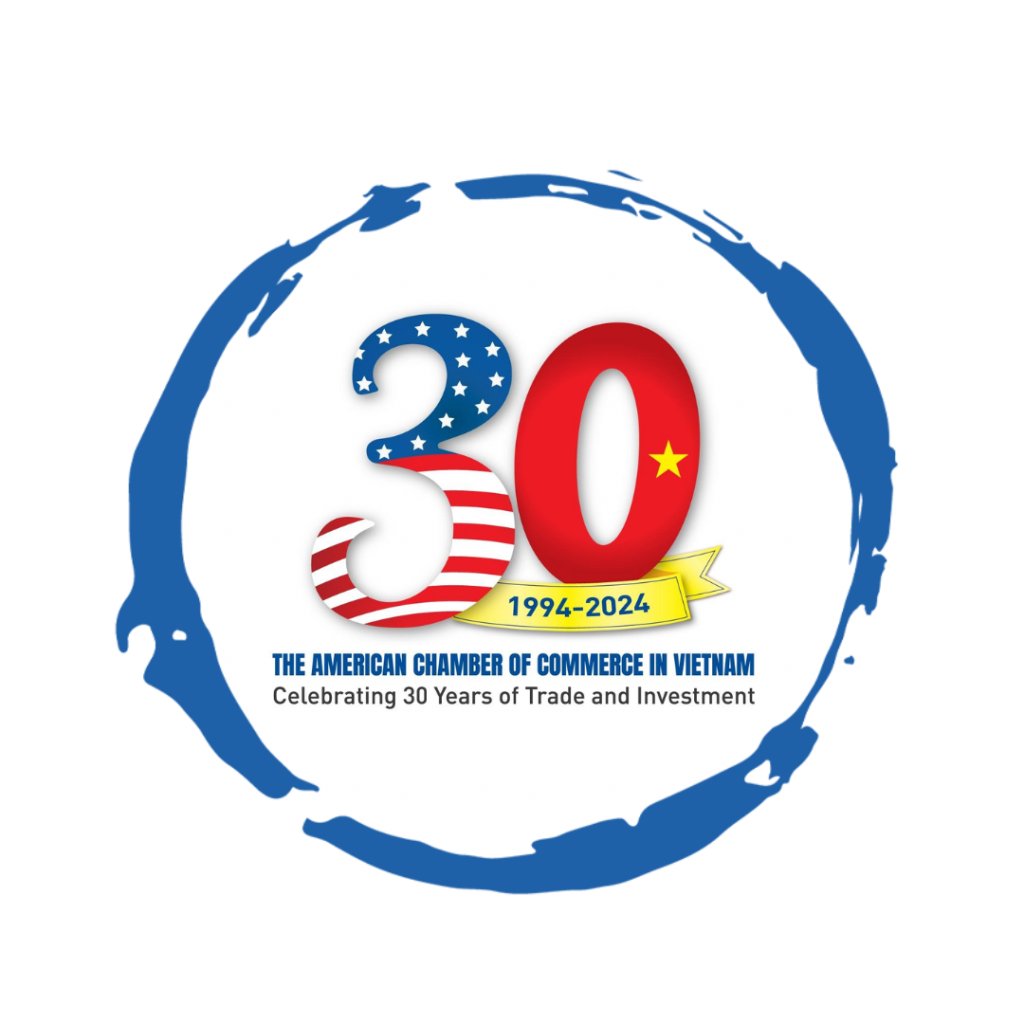
Travis Mitchell - Executive Director

Malcolm Farmer - Managing Director

Hy Vu - Head of Research Department

Steve Kretschmer - Executive Director
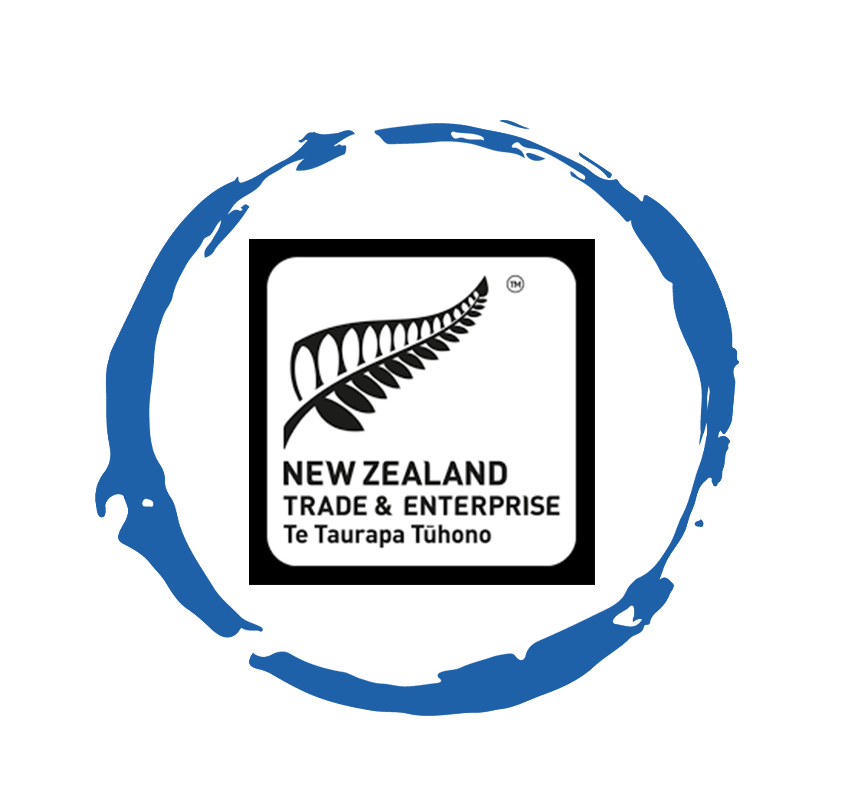
Joe Nelson - New Zealand Consulate General
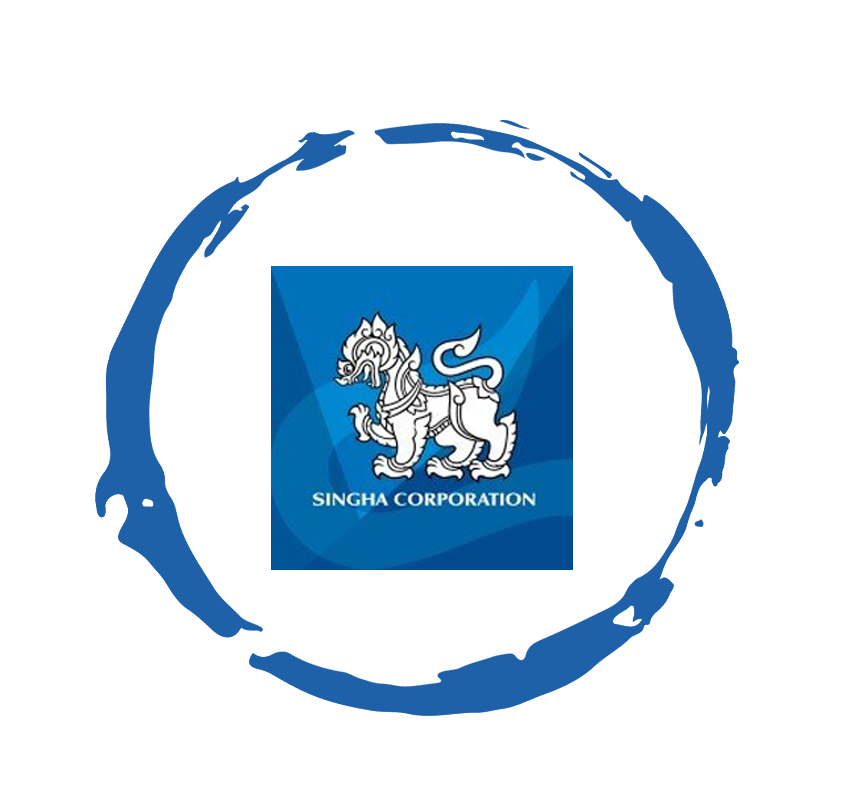
York Spencer - Global Marketing Director
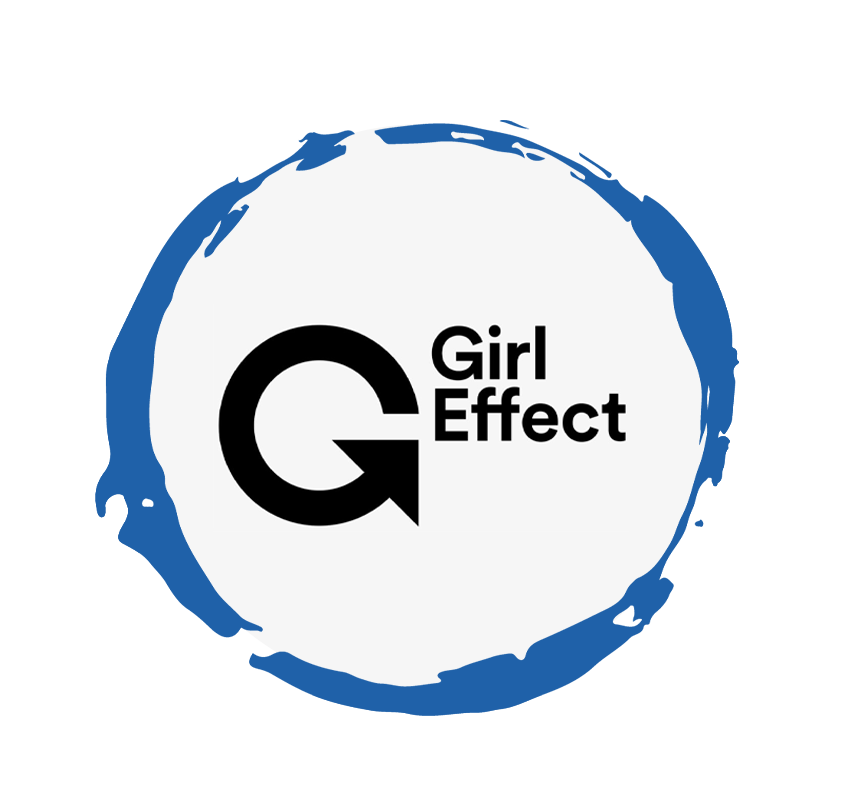
Laura Baines - Programmes Snr Manager

Mai Trang - Brand Manager of Romano

Hanh Dang - Product Marketing Manager

Luan Nguyen - Market Research Team Leader
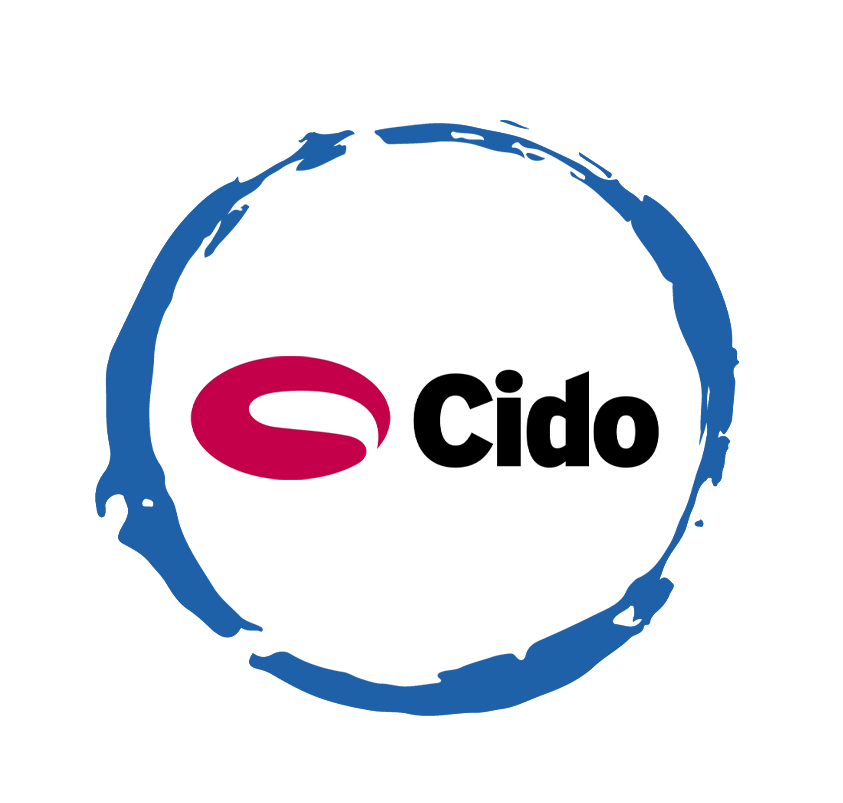
Max Lee - Project Manager

Chris Elkin - Founder

Ronald Reagan - Deputy Group Head After Sales & CS Operation

Ha Dinh - Project Lead

Matt Thwaites - Commercial Director
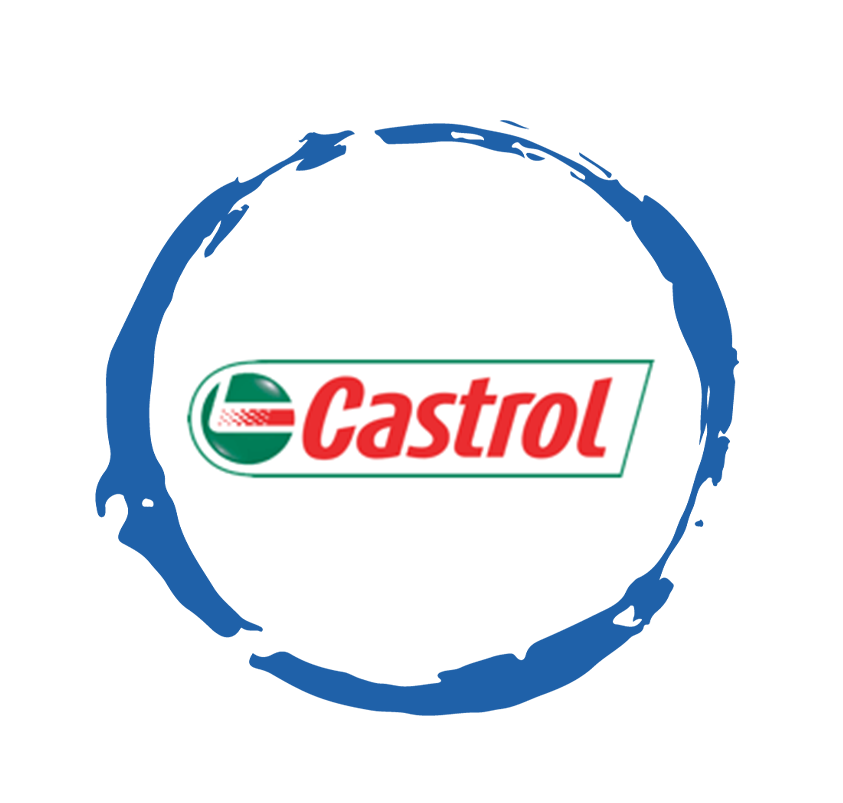
Joyce - Pricing Manager

Dr. Jean-Marcel Guillon - Chief Executive Officer

Anya Nipper - Project Coordination Director

Janine Katzberg - Projects Director

Rick Reid - Creative Director

Private English Language Schools - Chief Executive Officer
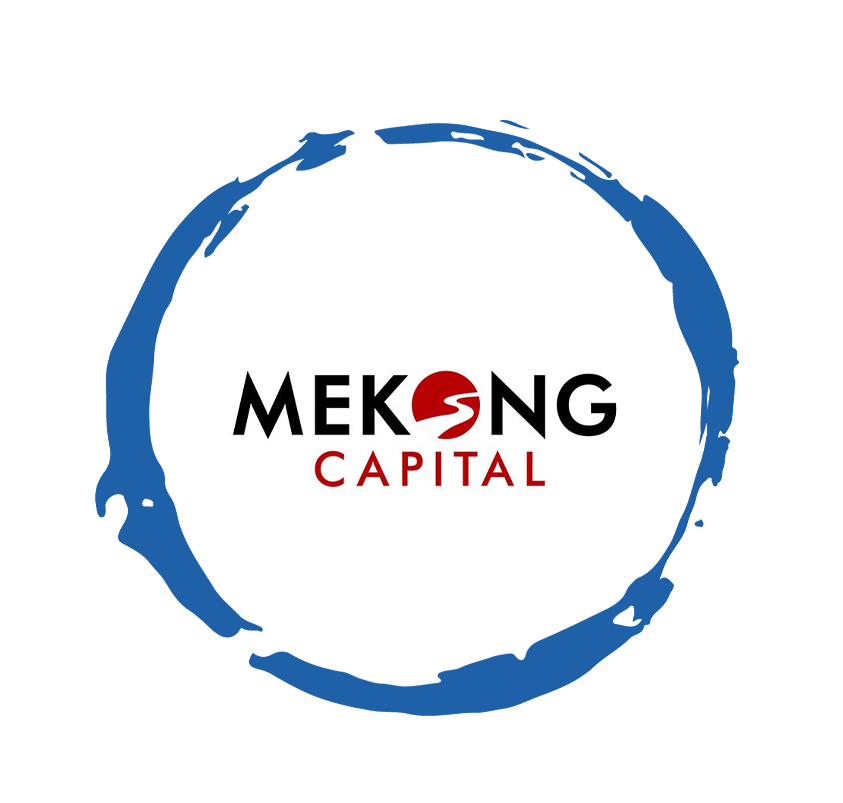
Chad Ovel - Partner

Thanyachat Auttanukune - Board of Management

Thuy Le - Consumer Insight Manager

Kelly Vo - Founder & Host
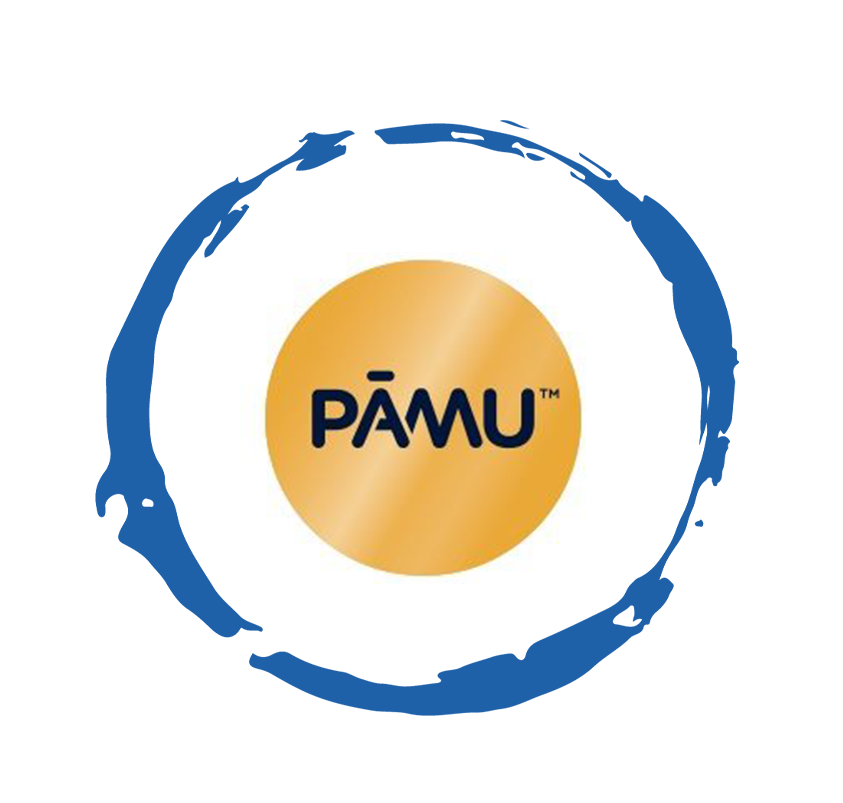
Hamish Glendinning - Business Lead

Aashish Kapoor - Head of Marketing
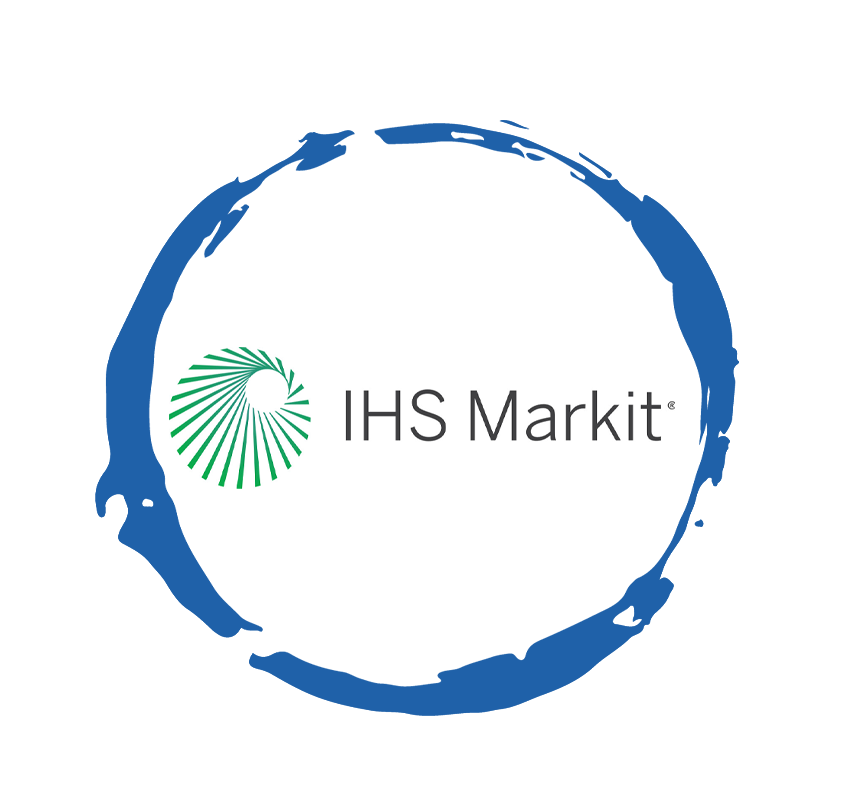
Richard Willis - Director

Thu Phung - CTI Manager

Tania Desela - Senior Product Manager

Dennis Kurnia - Head of Consumer Insights

Aimee Shear - Senior Research Executive

Louise Knox - Consumer Technical Insights
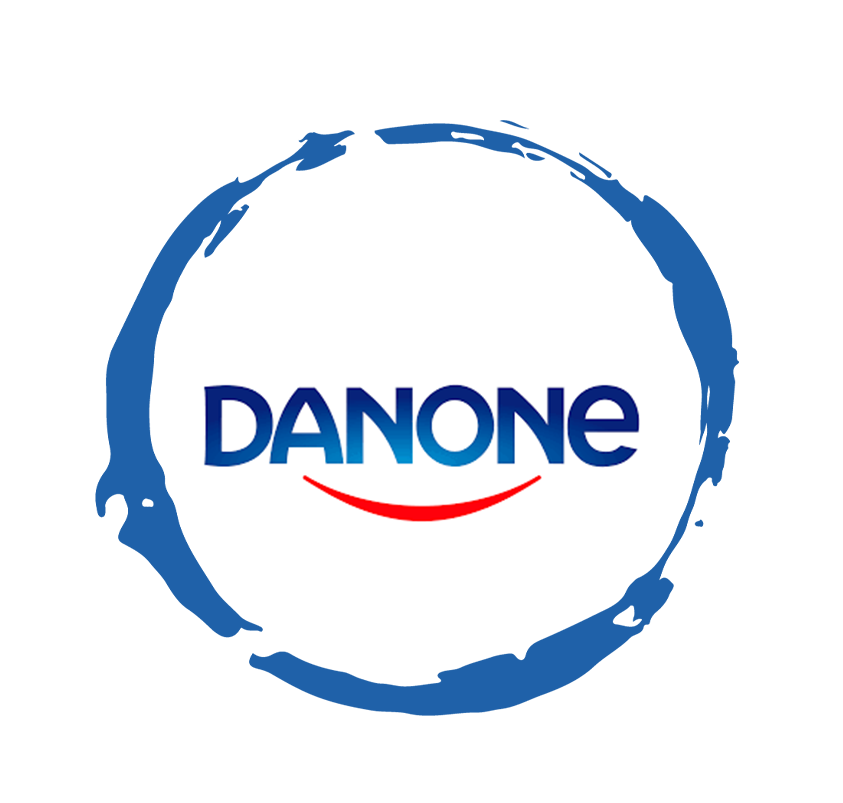
Geert Heestermans - Marketing Director
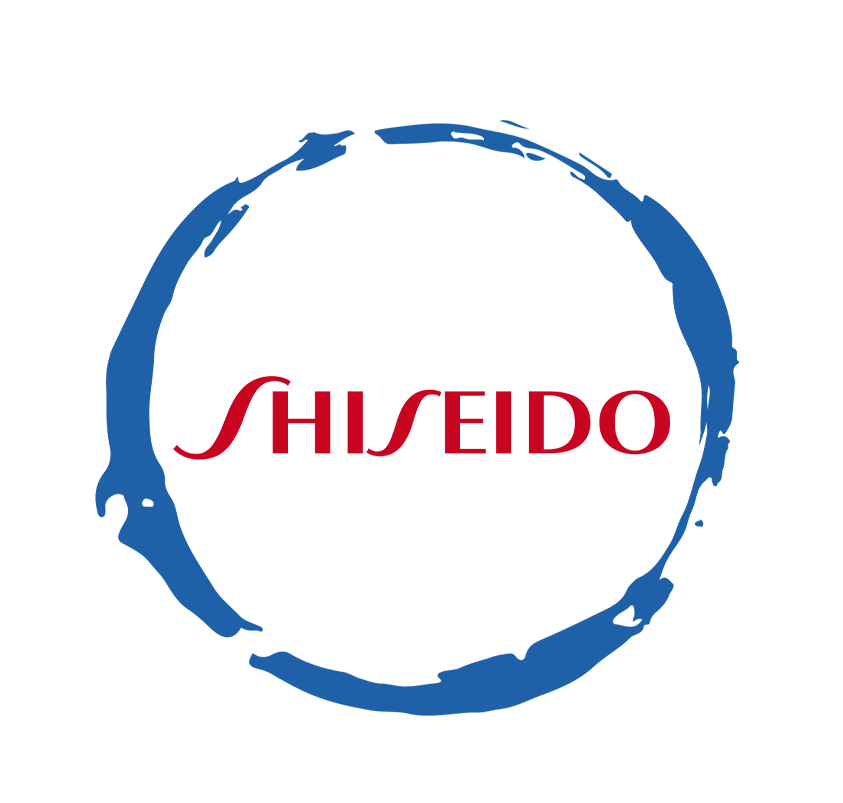
Linda Yeoh - CMI Manager

Tim market research Cimigo di Indonesia dengan senang hati membantu Anda membuat keputusan yang lebih tepat.

Cimigo menyediakan solusi riset pasar di Indonesia yang akan membantu Anda membuat pilihan yang lebih baik.

Cimigo menyediakan tren pemasaran konsumen Indonesia dan riset pasar pada sektor pasar dan segmen pelanggan di Indonesia.

Cimigo menyediakan laporan riset pasar pada sektor pasar dan segmen pelanggan di Indonesia.
Please enter the information for free download.
The report will be sent to your email.
When downloading our reports, you agree to be contacted for marketing purposes.
Vui lòng điền thông tin vào biểu mẫu bên dưới để tải về báo cáo miễn phí.
Báo cáo sẽ được gửi vào email bạn điền ở bên dưới.
Khi tải xuống các báo cáo của chúng tôi, bạn đồng ý được liên hệ cho mục đích tiếp thị.
Xin cảm ơn. Một email kèm với đường dẫn tải báo cáo đã được gửi đến bạn.
